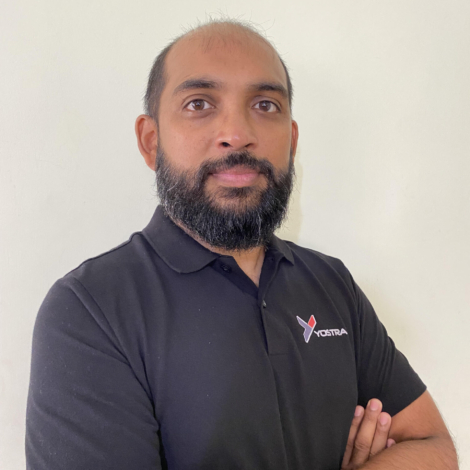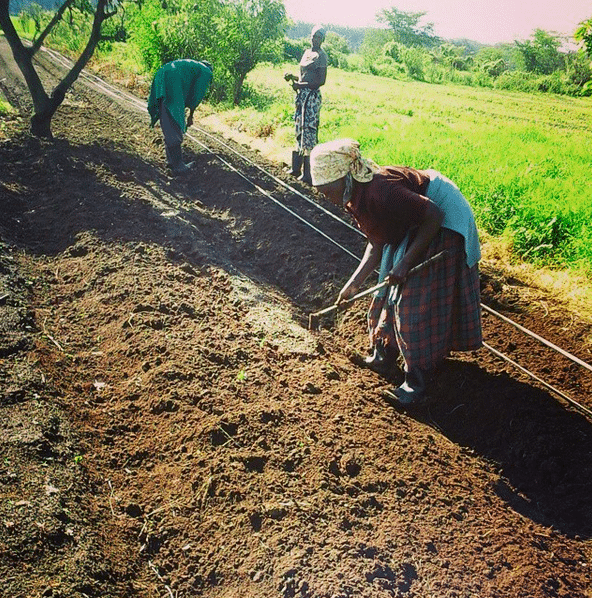For ISHOW updates and your invitation to participate, see:
Seven Startups Head to Hyderabad for ASME ISHOW India 2025
Bootcamp is underway for the nine ventures that earned a place in the 2024 American Society of Mechanical Engineers ISHOW accelerator, and the consulting experts have insights for startup founders. Over the last decade, ISHOW has coached hundreds of ventures developing life-changing products in India, Africa and the Americas. They provide guidance on five fronts: customer insights, hardware validation, manufacturing, strategy, and impact. Startups pinpoint their biggest challenges, and ISHOW delivers the right experts—more than 30 professionals in marketing, product design and manufacturing. Each team gets at least two mentors, with the freedom to schedule as many deep-dive sessions as needed.
Vinayak Nandalike’s first contact with ASME ISHOW was as an awardee of the accelerator program in 2018. He returned in 2020 and 2024 to serve as an expert on the customer insights pillar, and he is now consulting to the latest cohort of ventures in the accelerator’s bootcamp.
Mr. Nandalike’s prototype in ISHOW India 2018 was Sparsh, a hand-held medical device that screens diabetic patients for symptoms of peripheral neuropathy. On that foundation, Mr. Nandalike has built Yostra, a company based in Bengaluru, India, that delivers unique technology for treating diabetic foot ulcers. These are his insights into ISHOW startup success, with advice that could be relevant to founders worldwide.
E4C: What is the most frequent tip you find yourself giving to startups in ISHOW?
VN:
- Start regulatory work early in the development phase.
- Include distributor in requirement gathering and review process
E4C: What were some of the common challenges that you saw the startups dealing with when they entered bootcamp?
VN:
- Less market focus and more focus on product development
- Access to good manufacturing partners
E4C: What were the ISHOW startups already doing well, generally speaking?
VN:
- Product development
- Requirement gathering and analysis
E4C: What best practices can early-stage startups adopt to improve their product design and manufacturing processes?
VN:
In addition to the two most frequent tips given to startups during ISHOW (Start regulatory work early in the development phase and Include distributors in requirement gathering and review process):
- Network with other startups and established companies to find good manufacturers and best practices
E4C: What strategies have been effective in scaling a startup in resource-constrained communities?
VN: One of our customer segments is resource-constrained communities. We focused on organic growth, with a lot of effort put earlier on in adoption in clinics in Tier 2 and Tier 3 towns. The positive word of mouth helped us to scale up the sales.
While Bootcamp for the ISHOW 2024 cohort is underway, seven Indian ventures have been selected to showcase their innovations in ag-tech, energy, healthcare and transportation at ISHOW India 2025. At an awards ceremony Friday, April 25 at T-Hub in Hyderabad, Telangana (India), the public is invited to see a showcase of the seven innovations and the announcement of the three ventures that will advance to the 2025 cohort. Want to participate? Register at https://konfhub.com/ishowindiaawards2025.

